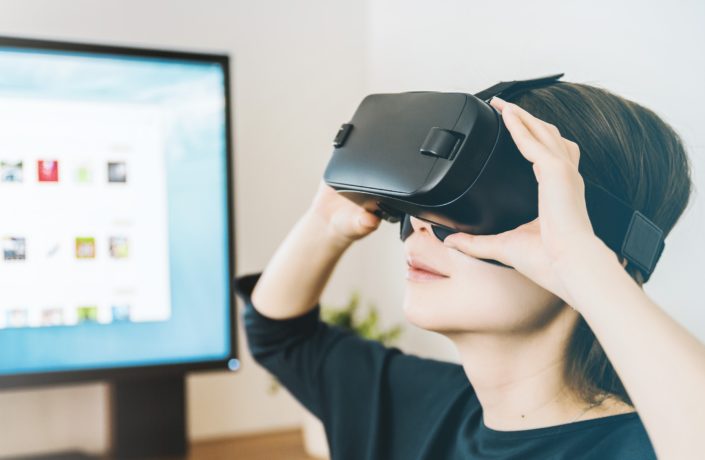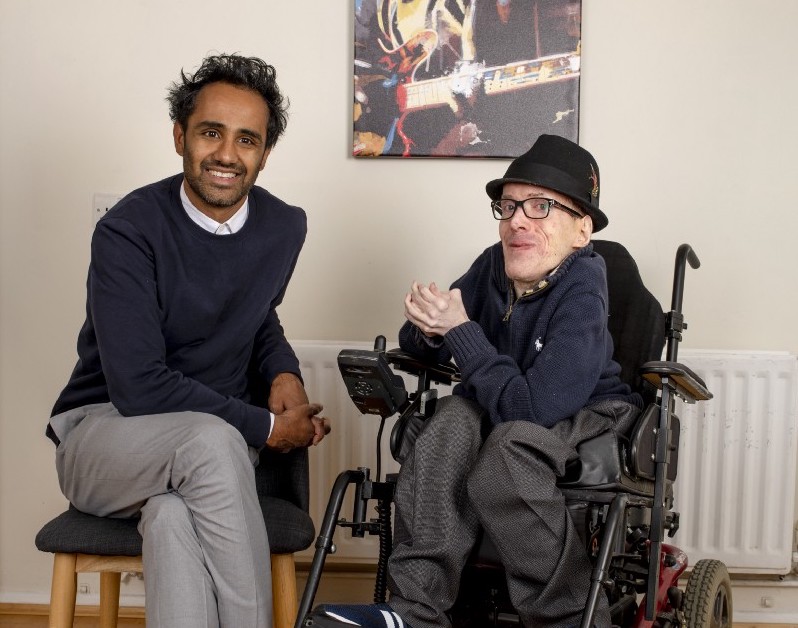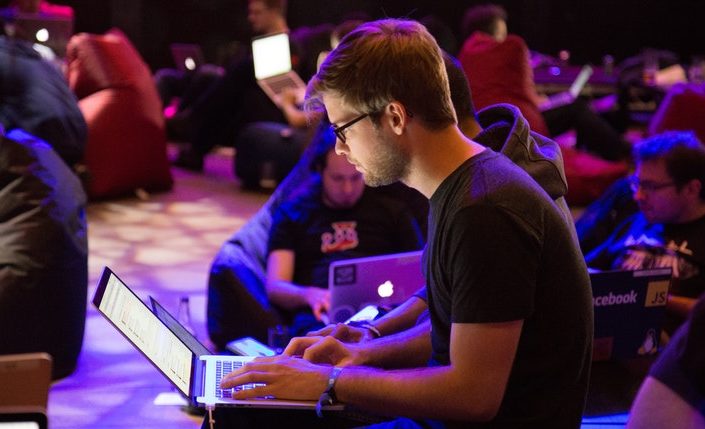 Insight
Insight
Investing in disability tech startups
Posted on 10th April 2019
Late last year, the technology investment fund Atomico launched a new initiative to support the European tech ecosystem.
It’s called the Atomico Angel Programme, and it’s designed to help identify and support the next generation of world-beating European startups.

The way it works is simple: 12 Angels (I’m one of them) from diverse backgrounds have each been given £100,000 to invest in early-stage companies, and we’re free to decide how we want to allocate the cash.
It’s a generous and farsighted move by Atomico, reflecting their commitment to grow the wider tech economy.
I’ve spent the past few months thinking about how best to use “my” investment pot to bring about the biggest possible impact — and I’ve decided to invest the money in an often underlooked area: technology startups that have the potential to improve the lives of disabled people.
This is an idea I’ve developed with Steve O’Hear, who encouraged me to look at this field, and kindly helped me to frame the issue in the right way.
According to the World Health Organisation, about 15% of the world’s population is disabled — and here in Europe, over 70 million adults are living with a disability.*
But sadly — while new technologies, smart materials and digital tools have swept through so many industries — the products and services available for disabled people simply haven’t kept pace.
That needs to change. In so many other fields, entrepreneurs and their teams are grappling with the biggest challenges we face — and coming up with new answers to old problems. It’d be great to see this kind of impact and transformation for people living with disabilities too.
This is obviously an issue of fairness and social justice — and it’s also a big opportunity for startups, with the combined spending power of disabled people and their families estimated to be worth more than £249 billion in the UK alone.
So — if you’re working on a technology startup that could make a positive difference to the lives of disabled people, their families or their carers, please do send your pitch deck to me here.
I’m especially keen to see tech startups founded or co-founded by people with disabilities — after all, it’s always helpful as an entrepreneur if you’re creating a product or service that you yourself need!
I’ll look at all submissions — and follow up personally with the ones I think have the most potential to scale and become successful companies. Steve O’Hear has generously offered to look at the pitch decks with me, sharing his experience and expertise to help ensure I consider the most promising startups. (Note: He’s volunteering his time free of charge, and has no financial interest whatsoever in the outcome.)
I’m going to allocate the £100,000 to 1 or 2 startups max (rather than lots of tiny amounts to loads of companies) — so the money can really help those businesses move forward.
Thank you for looking at this — and please do share with any entrepreneurs or tech startups you know that might fit the bill!
*The EU defines a disabled person as: “someone who faces barriers to participating in any life activity areas, as a result of a health condition or a basic activity difficulty”.
Originally posted here

